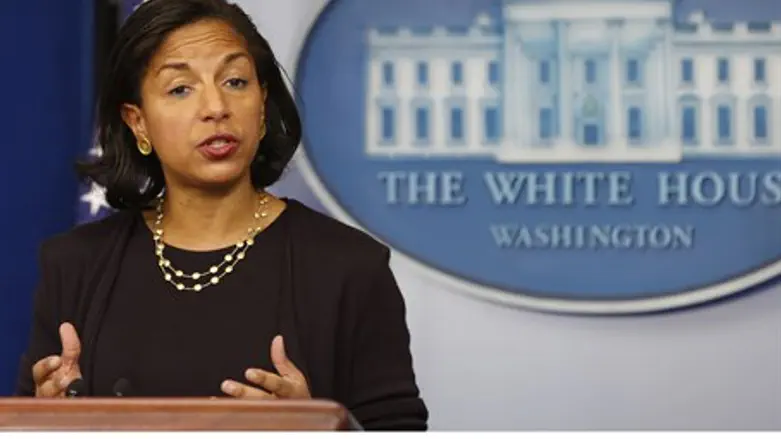
Concern has risen in Congress over the existence of “side agreements” between Iran and the International Atomic Energy Agency (IAEA) as part of the deal negotiated between Iran and world powers to regulate Tehran's nuclear program.
At least two Congressmen have expressed concern over the existence of these agreements, which they said the US was not privy to.
Meanwhile, officials in the administration of US President Barack Obama denied there were "secret side deals" in the Iran agreement.
In a statement Tuesday, Sen. Tom Cotton (R-Ark) and Rep. Mike Pompeo (R-Kansas) said they had been told by an IAEA official about the existence of these agreements, but that they would not be revealed to American legislators, who are now tasked with approving the Iran nuclear deal.
Pompeo told reporters that when he asked Secretary of State John Kerry about the codicils, he was told the US needed to “trust” the IAEA, a situation he called “unacceptable."
"I was incredibly surprised to learn there were components of the deal that Congress was not going to be privy to,” Pompeo and Cotton said in a statement.
White House National Security Adviser Susan E. Rice confirmed the existence of such documents, saying they had not been provided to House and Senate representatives because the US did not have access to them.
State Department spokesperson John Kirby said the the agreements Rice was referring to were not “secret agreements.” The US, he said, “was familiar with” the contents of the agreements, and that in any event they dealt with “technical arrangements.”
The Obama administration, meanwhile, will begin its effort to “sell” the Iran nuclear deal to Congress on Thursday, as the Senate Foreign Relations Committee will hear testimony from key administration officials on why Congress should approve the deal.
